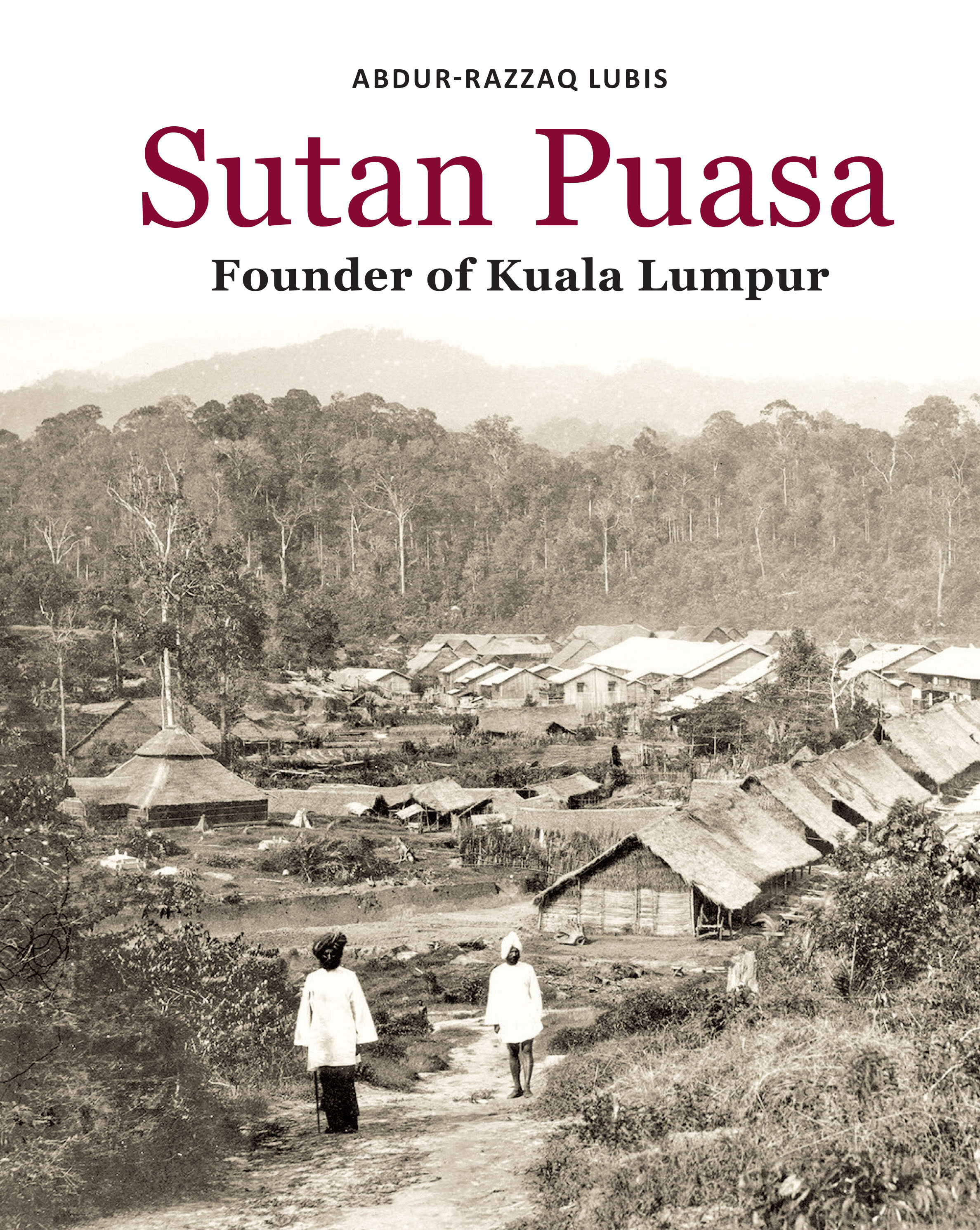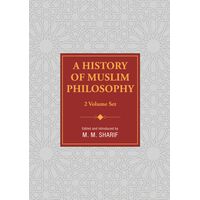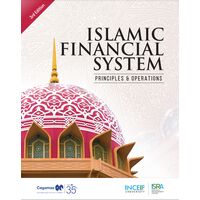Sutan Puasa : Founder Of Kuala Lumpur (Hardcover)
Author: Abdur-Razzaq
Lubis
Publisher: SIRD
ISBN: 9789675719332
Year: 2018
Weight: 2.143 kg
Price: RM160
Who was the founder of Kuala Lumpur, the capital city of
Malaysia? Textbook history credits the Bugis chief of Klang, Raja Abdullah,
while the Chinese regard the third Kapitan China, Yap Ah Loy, as the legendary
founder. But closer examination reveals that the founding myths of Kuala Lumpur
have omitted the earliest chapter of the city’s history.
‘Pangkalan Lumpur’ was a Mandailing trading post at the
confluence of the Klang and Gombak rivers, controlling the land and river
routes of the upper Klang valley. Due to the visionary leadership of Sutan
Puasa, it developed into a multicultural town, attracting Sumatran and Hakka
Chinese miners and traders.
Sutan Puasa was a mining entrepreneur, tin trader and
agricultural pioneer. The Mandailing noble was among the adventurers and
refugees who emigrated to Malaya in the aftermath of the Padri War (1803–1845)
in central Sumatra. The post-Padri Mandailing and Rawa diaspora became
embroiled in a succession of civil wars in Sungai Ujong, Pahang, Klang, and
Perak in the Peninsula.
During Sultan Abdul Samad’s reign, Raja Mahdi’s bid for
Klang’s chieftainship led to the Klang War (1866–1873), the longest civil
strife in nineteenth-century Malaya. When Tunku Kudin mortgaged Selangor’s tin
wealth to win the war against Raja Mahdi, Sutan Puasa fought alongside the
Mandailing overlord, Raja Asal, as well as Syed Mashhor, Raja Mahmud, Raja
Laut, and the Selangor patriots to defend the state’s sovereignty.
Klang, Ampang, Petaling, Ulu Klang, Kanching, Rawang, and
Kuala Kubu became battlegrounds, but the war was ultimately decided by the
‘Battle of Kuala Lumpur’. War destruction, disorder and debt paved the way for
British colonial intervention into Selangor in 1874.
Kuala Lumpur’s strategic location as the trading hub of a
rich tin mining interior destined it to become the capital – first, of
Selangor, then of the Federated Malay States, and finally, of Malaysia itself.
—
About the author
Abdur-Razzaq Lubis is an independent scholar, author and publisher with Areca Books. He is also known by his Mandailing pen-name, Namora Sende Loebis. Having conducted almost two decades of academic and field research about the history of the Mandailing diaspora in Malaysia, Lubis writes extensively on the politics and other facets of the Mandailing identity. He is currently championing a project to publish several key works on Mandailing folklore, music, governance, social history and the environment by himself and several noted Mandailing authors.








